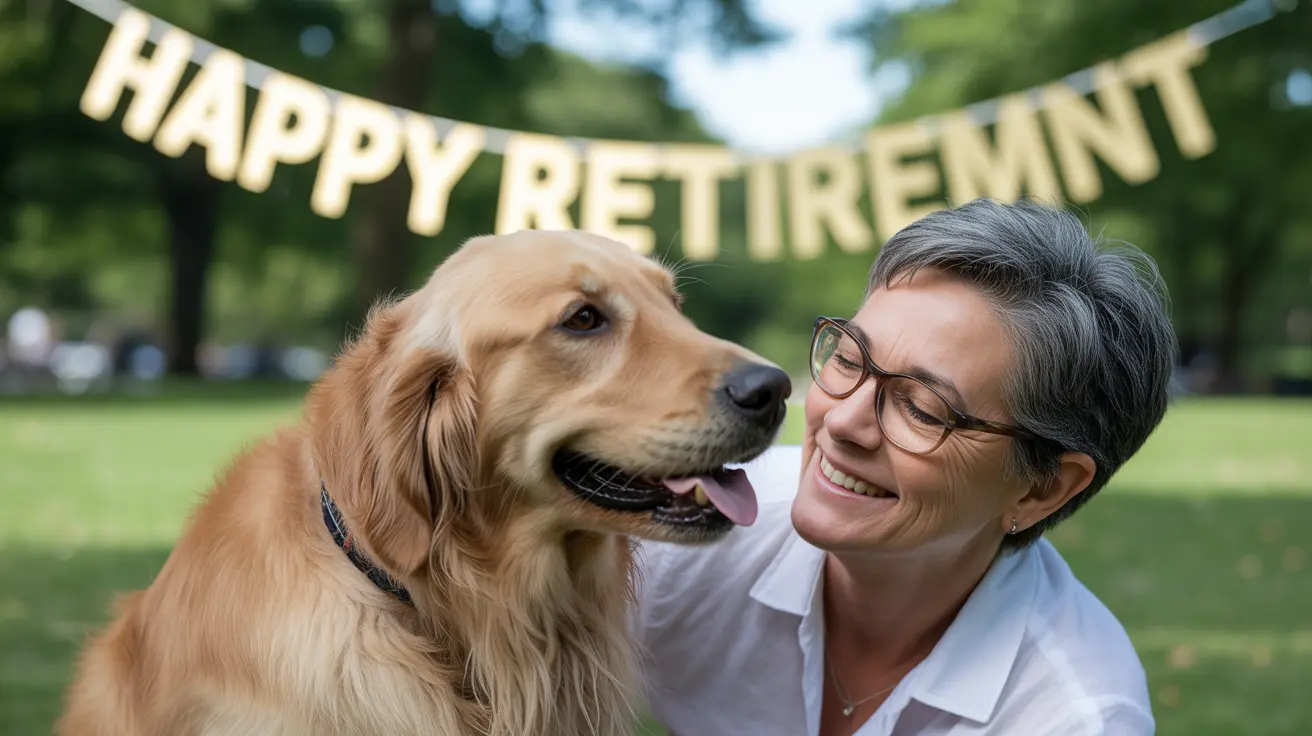After more than three decades of dedicated service helping both pets and people, Jackie Anderson is retiring from Sequim Animal Hospital, marking the end of a remarkable career in rural veterinary care. Anderson's retirement represents a significant milestone for the Sequim community, where she has served as what many consider a "touchstone" for quality animal healthcare and compassionate veterinary services.
The retirement of such a long-standing veterinary professional highlights both the invaluable contributions of experienced staff members and the ongoing challenges rural communities face in maintaining consistent veterinary care. For pet owners in the Sequim area, Anderson's departure represents the conclusion of an era defined by personalized care and deep community connections.
The Legacy of Long-Term Veterinary Care
Jackie Anderson's three-decade tenure at Sequim Animal Hospital represents the kind of continuity that rural veterinary clinics strive to achieve. Long-serving veterinary professionals like Anderson become integral to their communities, developing relationships not just with pets but with multiple generations of pet-owning families.
Rural veterinary practices often serve as the backbone of community animal welfare, providing essential services that extend far beyond routine check-ups. These clinics typically offer mixed animal veterinary services, caring for everything from household pets to farm animals, requiring staff members to maintain expertise across a broad spectrum of animal healthcare needs.
Challenges in Rural Veterinary Staffing
Anderson's retirement underscores the broader challenges facing rural vet shortages across the United States. Many rural communities struggle to attract and retain veterinary professionals, making long-term staff members particularly valuable. The specialized knowledge and community connections that develop over decades of service are difficult to replace.
Rural veterinary clinics like Sequim Animal Hospital must often provide more comprehensive services than their urban counterparts, including large and small animal vet services, emergency care, and extensive community outreach. This broad scope of practice requires versatile professionals who can adapt to diverse animal healthcare needs.
Community Impact and Education
Beyond providing direct veterinary care, experienced professionals like Anderson often play crucial roles in community animal welfare education. Rural veterinary clinics frequently serve as centers for husbandry education, helping pet owners and livestock keepers understand proper animal care, nutrition, and preventive healthcare measures.
This educational component is particularly important in rural communities where pet owners may have limited access to veterinary resources and must rely more heavily on preventive care and proper husbandry practices. Veterinary staff members who remain in communities for extended periods become trusted sources of information and guidance.
The Future of Sequim Animal Hospital
As Sequim Animal Hospital transitions following Anderson's retirement, the clinic will need to maintain the high standards of care and community connection that have defined its service. The challenge for any rural veterinary practice is ensuring continuity of care while adapting to changing community needs and veterinary medicine advances.
Permanent veterinary staff members provide stability that benefits both patients and pet owners. When experienced professionals retire, clinics must work to preserve institutional knowledge while introducing fresh perspectives and updated practices.
Supporting Rural Veterinary Practices
Pet owners in rural communities can support their local veterinary clinics by prioritizing preventive care, maintaining regular wellness visits, and following professional recommendations for vaccinations and health screenings. This proactive approach helps ensure that rural practices remain financially viable and can continue serving their communities effectively.
Rural veterinary practices also benefit from community support in the form of referrals, positive reviews, and understanding of the unique challenges they face in providing comprehensive care across diverse animal populations.
Frequently Asked Questions
How has Jackie Anderson contributed to pet care at Sequim Animal Hospital over her 30+ years of service?
Jackie Anderson served as a "touchstone" for Sequim Animal Hospital throughout her three-decade career, providing consistent, compassionate care to both pets and their owners. Her long tenure allowed her to develop deep community connections and become a trusted resource for animal healthcare in the rural Sequim area.
What types of veterinary services does Sequim Animal Hospital offer for both small pets and farm animals?
As a mixed animal veterinary clinic, Sequim Animal Hospital provides comprehensive care for both household pets and farm animals. Rural veterinary practices like this typically offer a broad range of services including routine wellness care, emergency treatment, and specialized services adapted to the diverse needs of rural communities.
What challenges do rural veterinary clinics like Sequim Animal Hospital face in recruiting and retaining veterinarians?
Rural veterinary clinics face significant staffing challenges, including difficulty attracting veterinary professionals to rural areas, the need for broad expertise across multiple animal species, and the pressure to provide comprehensive services with limited resources. The retirement of long-serving staff members like Anderson highlights the importance of continuity in rural veterinary care.
Conclusion
Jackie Anderson's retirement from Sequim Animal Hospital represents more than just a career change—it marks the end of an era for rural veterinary care in the community. Her three decades of service exemplify the dedication required to maintain quality animal healthcare in rural settings, where veterinary professionals often become integral parts of the communities they serve.
As rural communities continue to face challenges in veterinary staffing and access to care, the contributions of professionals like Anderson remind us of the vital role that experienced, committed veterinary staff play in supporting both animal welfare and community well-being.






